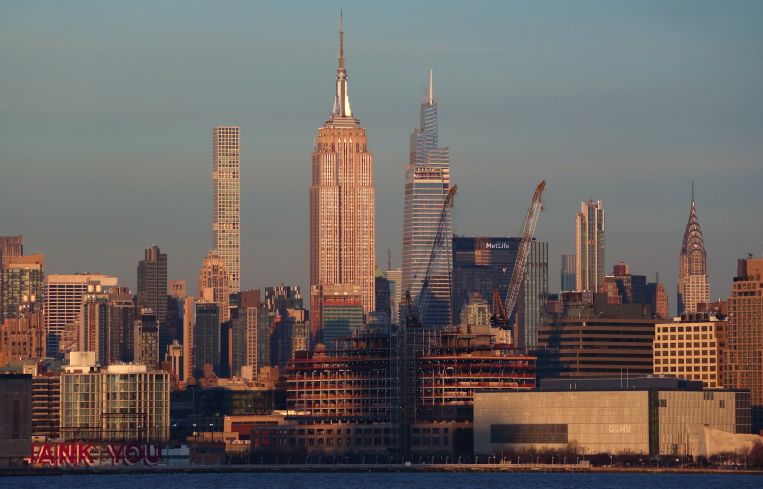NYC Construction Costs Rose 8 Percent in Last Year
By Rebecca Baird-Remba August 4, 2022 8:35 am
reprints
The pandemic has put plenty of pressure on construction costs nationwide, but New York City has seen one of the largest increases — 8 percent — of any city in the U.S. over the past year.
A new report from construction consultant Rider Levett Bucknall (RLB) pegged surging construction costs to supply chain and employment issues. Average diesel prices are up 80 percent compared to a year ago, causing material costs to rise, and ongoing shortages of specific items — such as HVAC equipment and kitchen appliances — have created delays for many projects. Nearly three-quarters of contractors told RLB that their projects took longer than expected in 2021.
The labor shortage in construction is improving but remains significant. There were 494,000 construction job openings in April and 455,000 of them were filled, according to the report. Overall employment in the industry increased by 36,000 people that month, but that accounts for only 7 percent of open jobs across the architecture, engineering and construction industries. Unemployment in the construction industry hovers around 6 percent.
“Construction hiring was up 14 percent but the amount of construction jobs posted was up 49 percent,” said Paraic Morrissey, an associate principal at RLB. “The biggest strain on the construction industry is labor shortage.”
Nationwide, construction costs rose roughly 2.4 percent during the second quarter of 2022, but New York — along with Chicago and Denver — was one of the cities where they grew faster than the national average. The hard cost of construction, which includes labor and materials, rose 2.7 percent in the five boroughs over the past few months, while growing 4 percent in both Denver and Chicago.
New York City also experienced one of the largest year-over-year increases in construction costs of any major U.S. city. The cost of building or renovating a project rose 8.2 percent over the past year in the Big Apple. Chicago, Boston and Seattle saw even greater surges in costs, reaching 8.8 percent, 9 percent and 11.3 percent, respectively.
Rebecca Baird-Remba can be reached at rbairdremba@commercialobserver.com



